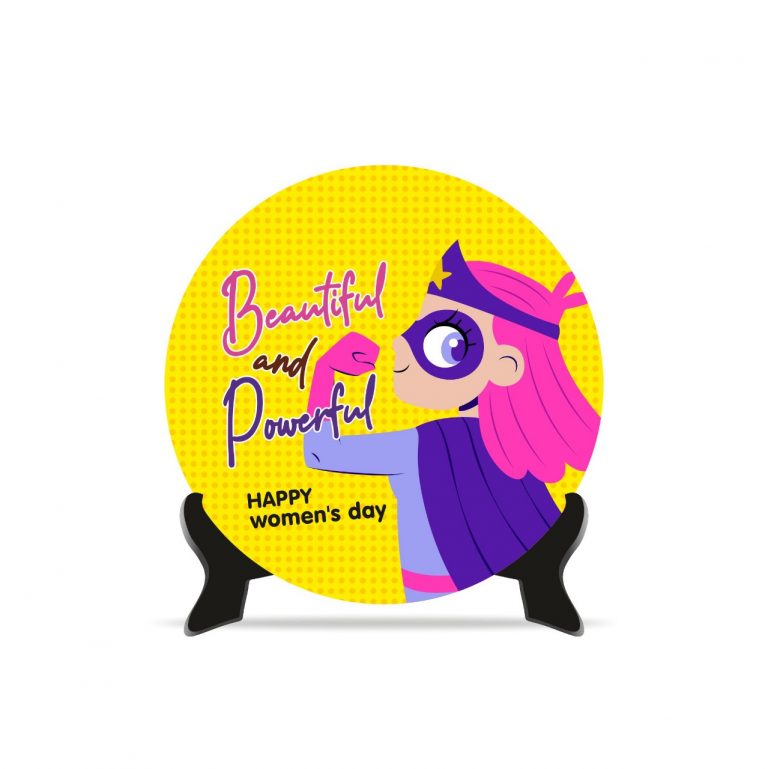Every interaction a potential hire has with your company acts as a mirror. It reflects the true reality of your organization.
This process, the candidate experience, is much more than just an HR task. It’s a fundamental part of your overall employer branding.
A respectful, transparent recruitment process fundamentally shapes public perception. It tells a story about your culture. It shows the value your Leadership in workplaces places on people, even those who don’t join the team.
The Cost of a Negative Encounter
A subpar candidate experience carries a heavy, long-term price. It damages your brand’s reputation for years.
- Public Dissatisfaction: Negative feedback spreads rapidly today. Research indicates that as many as 72% of candidates with a bad experience will share it online or with their network. This severely impacts future talent pipelines.
- Lost Customers: A poor hiring experience can turn a candidate away from becoming a customer. One large service provider estimated the cost of a bad experience at $6 million in lost annual revenue due to these lost relationships.
- Increased Hiring Costs: When your reputation suffers, attracting top talent becomes harder. Companies with a weaker employer brand often report a cost-per-hire that is almost double those with a strong, positive image.
Every applicant, whether hired or rejected, is a potential brand advocate or a detractor.
The Connection to Your Core Culture
The experience candidates receive is an authentic preview of what it’s like to be an employee. If the hiring process is messy or lacks communication, applicants will assume your internal workplace culture is the same.
- Communication is Key: Candidates highly value clear, consistent updates. Around 80% of job seekers state that consistent status updates would greatly improve their experience. Lack of notification, even for rejections, leaves a lasting negative impression.
- Showing Respect: Asking candidates to complete excessively long applications or attend too many repetitive interviews disrespects their time. A quality process is streamlined and values the candidate’s effort.
- Transparency Builds Trust: Being transparent about salary, benefits, and the full timeline builds trust immediately. This kind of openness is a key pillar of a strong, healthy culture.
The Strategy: Measuring and Improving Experience
High-performing organizations treat candidate experience as a measurable, strategic asset. They use specific tools to gather data and constantly refine their processes.
Related Posts
Gathering Data with Workplace Surveys
Workplace surveys and feedback mechanisms are essential for gaining insights. Deploy them at key points:
- Candidate Satisfaction (CSAT): Measure overall satisfaction after important stages, such as the initial screening or the final interview.
- Net Promoter Score (NPS): Ask candidates how likely they are to recommend your company as an employer. This score directly reflects their perception of your employer branding.
- Application Completion Rate: A low rate suggests your application process is too complex, causing frustration before candidates enter the pipeline.
Actions to Elevate the Experience
- Audit the Entire Journey: Map every touchpoint, from the job ad to the final outcome. Identify bottlenecks or points where communication fails.
- Train Interviewers: Ensure all hiring managers are professional, prepared, and consistent. Unprepared interviewers can instantly ruin the experience and misrepresent your values.
- Close the Loop: Commit to providing prompt, respectful communication to every applicant. Offering constructive, individualized feedback, where feasible, creates a positive feeling even upon rejection.
Candidate Experience as a Business Certification
In a tight talent market, your candidate experience is the unofficial certification of your company’s promise. A positive experience is a powerful tool for attracting talent and improving brand reputation.
It enhances your ability to attract people and boosts your standing for ethical Leadership in workplaces. It also reinforces a strong company culture.
A negative experience does the opposite; it slowly erodes your employer branding. By prioritizing a respectful, human-centered hiring journey, you are strategically investing in your future reputation and market standing.
The way you treat people seeking to join your organization is the true definition of your brand.









